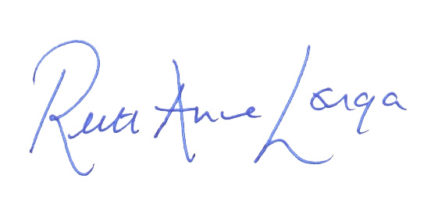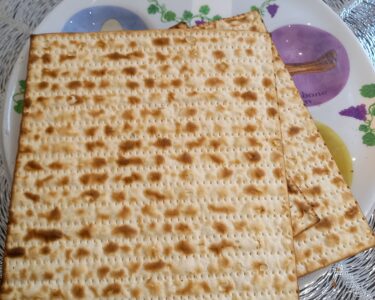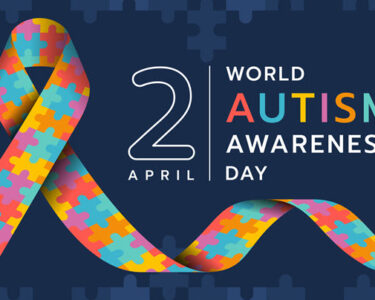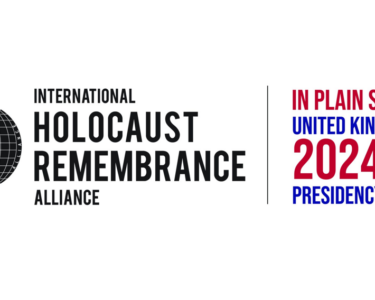Today marks Day 60 of lockdown and while government, teachers’ unions, senior leaders, teachers and parents debate the question of when it is safe to fully reopen schools, UCL continues to do what it can to support teachers of the Holocaust in a variety of ways. This is our preoccupation and we are delighted with the feedback we are getting from you regarding the new courses and teaching materials that we are bringing to you.
Last week we launched a new CPD, ‘Authentic Encounters with the Holocaust: a starting point for teachers’, and since the start of term we have provided 15 individual lessons (self-directed or taught online). Today, we are offering you three more Year 9 lessons.
Our MA module continues to be a zone of vibrant activity, discussion and debate and we are in direct communication with our ever-increasing teacher network via email and phone. Our current cohort of Beacon School teachers congregate via a Thursday night online seminar/chat that is fast becoming the highlight of the week for the team here at the Centre.
It is worth noting that today’s lockdown landmark coincides with the end of the festival of Ramadan. For Muslim teachers and students who have been fasting over this month, the impact of Covid-19 must have presented particular challenges, especially with regard to social distancing and meeting for prayer and communal activity. While discussing this with Dr Farid Panjwani, Director of UCL’s Centre for Research and Evaluation in Muslim Education, I began to see how Ramadan might resonate more broadly, particularly in relation to what we have all been experiencing of late. For some, fasting is a leveller: through abstaining, the mind gets a chance to focus on what is truly important. The idea of reaching beyond oneself towards the needs of others is central to this idea. The lockdown has denied us many of the usual distractions and ordinary pleasures in life but in so doing, may well have helped to refocus priorities. The numerous acts of kindness, ingenious ways individuals have found to connect with one another and the generosity exchanged between people has been phenomenal. A spirit of care for the wider community, for our work colleagues, neighbours and the vulnerable amongst us has come about, the likes of which (in my experience) has never been so openly present.
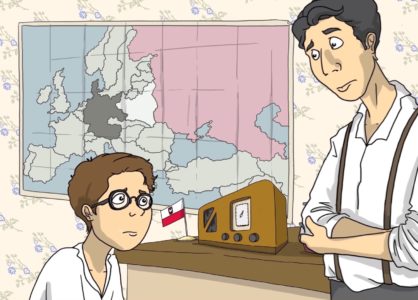 Understanding how it is possible to survive adversity and find compassion in the darkest of places, is explored in the literary treasure that is The Long Night – an autobiography and testimony by Holocaust survivor, Ernst Israel Bornstein. This week UCL is offering a series of self-directed KS3 study lessons based on this book entitled, ‘What’s my story?‘.
Understanding how it is possible to survive adversity and find compassion in the darkest of places, is explored in the literary treasure that is The Long Night – an autobiography and testimony by Holocaust survivor, Ernst Israel Bornstein. This week UCL is offering a series of self-directed KS3 study lessons based on this book entitled, ‘What’s my story?‘.
The Long Night is beautifully written; so much so, that UCL created the lessons for students of English. We collaborated with colleagues from the University of the West of England, in particular Joan Foley, PGCE Secondary English Group Tutor, who has given guidance and input in producing this series of lessons that meet key objectives in English as well as Holocaust studies. Noemie Lopian, the daughter of Ernst Bornstein, has provided us with much encouragement and deeper knowledge of her father’s life. We are indebted to her for these remarkable insights. Noemie sends you a message in a short clip that you can see below.
Some of the chosen extracts in the lessons are disturbing – Bornstein gives the reader a candid account, but we offer guidance notes that support you in helping students encounter them. We recognise, however, that teachers know their students and are ultimately, best placed to make decisions regarding what to share with their classes. Even though the lessons are designed for students to work on independently this does not mean they need complete isolation. It is important that teachers intervene where possible in ways they think appropriate bearing in mind the individual students with whom they work.
Finally, I would like to flag up to you a fantastic project that your students could engage with this half term. The project, ‘Foundation Stones at Home‘ is run by Big Ideas in association with the ‘UK Holocaust Memorial Foundation’. Young people, teachers, parents and friends are invited to paint a stone in remembrance of the six million Jewish men, women and children murdered in the Holocaust and all other victims of Nazi persecution. Laying stones at a grave holds symbolic value in the Jewish tradition. It is customary to leave a small pebble or stone on the headstone. By placing a stone on a grave, a Jewish person is symbolically marking their enduring memory of the individual who has passed. Foundation stones from across the United Kingdom will be laid within the foundations of the new UK Holocaust Memorial and Learning Centre in London. You can also choose to dedicate your stone to those murdered in subsequent genocides. The idea is that each painted stone is a commitment to remember the past and to build a future free from all forms of prejudice, discrimination and hatred.
Ruth-Anne Lenga
Programme Director

